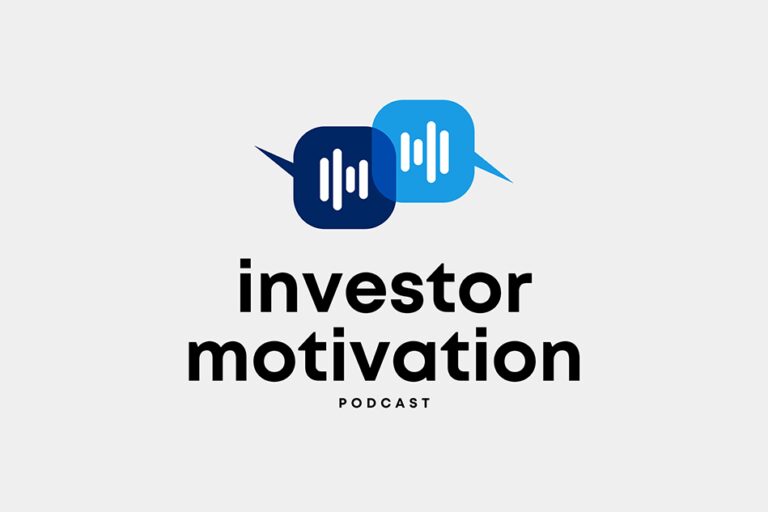FORO – the fear of running out. I’d never heard the expression until I met Mark and Susan. Of course I’d heard of FOMO, the fear of missing out, but never FORO. As the newly-retired couple sat across from me, explaining how they were so afraid of running out of savings that they were not enjoying the retirement they’d worked so diligently for, I grasped the meaning of FORO immediately. They rarely went out for dinner, bought anything new or – heaven forbid – took a holiday. After a lifetime of saving hard, paying off a mortgage and raising a family, Mark and Susan were naturally frugal, but FORO had left them feeling vulnerable and afraid of the future. After two decades as a financial planner, I’d come across this situation before, although, it is unfortunately becoming more common. Mark and Susan had never sought financial advice before and weren’t sure what I could do to help, but came to see me because they didn’t know where else to turn. When I assured them that there was plenty I could do to help, they visibly relaxed. I explained that the key to overcoming FORO was having a well-structured financial plan. After I outlined my 5-step strategy, they were eager to proceed. The steps we took were as follows: 1. Conduct a financial assessment By thoroughly assessing their current financial position (superannuation, savings, investment and social security entitlement), I formulated a picture of where they were at, and their future cash flow projections. 2. Establish a sensible strategy Working together, we identified essential living expenses and discretionary expenses, then allocated funding that balanced financial security with lifestyle goals. Next, we determined a retirement investment portfolio with a sensible withdrawal rate to support their retirement plans. 3. Create an emergency buffer In my experience, the what if factor is a major concern for retirees. What if…I become ill? What if…the fridge breaks down? What if…the car dies? These questions, and more, play on peoples’ minds to the point where they fall back into a FORO mind set. To ease their anxiety, I recommended they include a contingency fund in their portfolio to ensure that unplanned expenses were covered. That way, if something unexpected pops up, their retirement lifestyle strategy remains on track. 4. Enjoy the early years FORO had been holding Mark and Susan back for too long. I explained that hobbies, travel and social activities are crucial to mental well-being. So once we had established a responsible financial plan, I showed them how they could afford to spend, sensibly, and enjoy themselves. I especially encouraged them to make the most of their early retirement years, while they were fit and energetic. 5. Schedule regular reviews The final step in the process was my ongoing commitment to Mark and Susan. Retirement planning is not a set-and-forget strategy; it’s a journey through every stage of life – physical retirement being one of those stages. By regularly reviewing their financial position, I helped Mark and Susan monitor their spending and investment performance, and made portfolio adjustments that kept them in control of their retirement plan. Last week I bumped into the couple on the street. They were glowing with excitement and told me they’d just booked a Pacific cruise. Of course, I was thrilled for them – it was a big tick off the bucket list! But when Susan said they’d turned FORO into FOMO and were living their best lives, well, I’ll just say it was one of those moments when I absolutely love my job! The information provided in this article is general in nature only and does not constitute personal financial advice.












